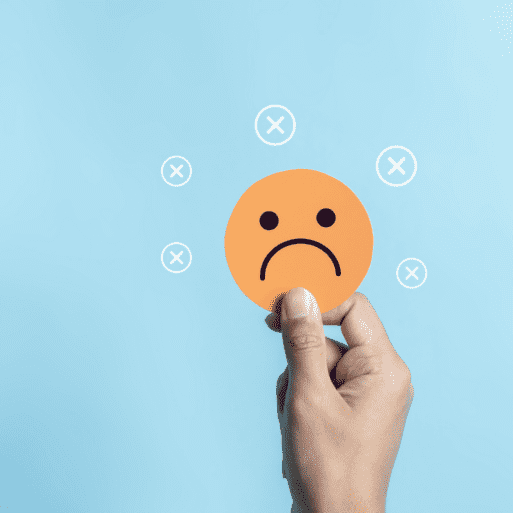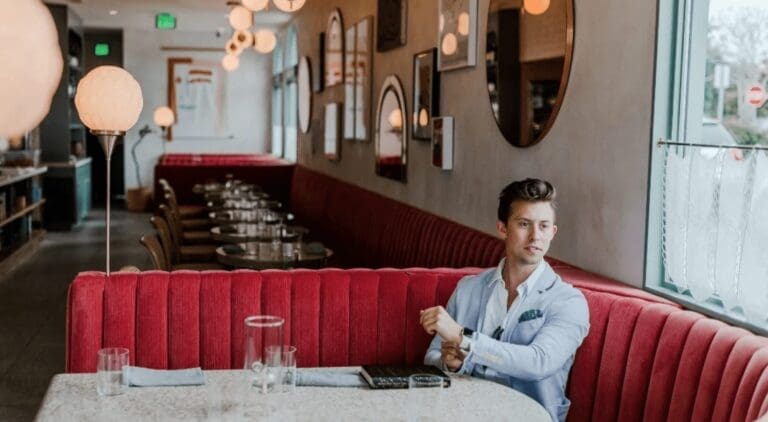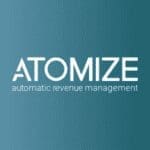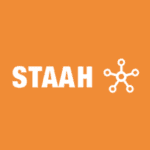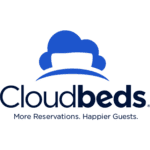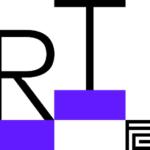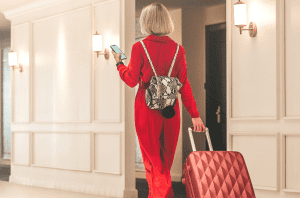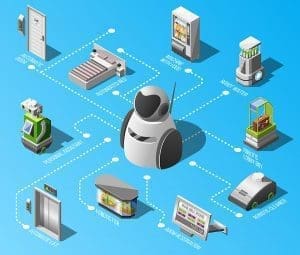 After facing unprecedented challenges due to the COVID pandemic, the hospitality industry is ready to meet the skyrocketing demand projected for 2022. In its recent Travel Industry Outlook report, analytics firm Deloitte notes that the prevalence of remote work is giving rise to a new type of travel that merges work and leisure.
After facing unprecedented challenges due to the COVID pandemic, the hospitality industry is ready to meet the skyrocketing demand projected for 2022. In its recent Travel Industry Outlook report, analytics firm Deloitte notes that the prevalence of remote work is giving rise to a new type of travel that merges work and leisure.
Additionally, after years of confinement, travelers are eager to go abroad and have higher savings cushions to finance their journeys. As travel demand soars, the hospitality industry is facing immense staffing shortages. This has made it difficult for companies to provide excellent service and meet client expectations.
Hoteliers and vacation property managers can navigate these competing forces by implementing the following upgrades.
eLearning for employee training
A common hospitality adage states that satisfied clients start with satisfied employees. Unfortunately, retaining staff has always been a struggle within the industry. According to the Bureau of Labor Statistics, turnover rates often exceed 70 percent. A lack of professional development and career opportunities is a leading reason hospitality employees look elsewhere for work.
Despite the reputation for limited growth opportunities, the hospitality industry actually offers diverse and fulfilling career paths. Investing in professional development courses is an effective way to demonstrate the possibilities within the sector.
Besides in-house training led by staff, employers can subscribe to an eLearning portal that houses virtual, self-paced courses. The most common training programs focus on hospitality management, health and safety, and culinary arts. Multinational firms can also leverage eLearning to make their workforce more agile. For example, hotel employees can go through intercultural training and language courses in order to qualify for a transfer abroad.
Robust training programs enable companies to retain dedicated and committed employees who are passionate about excellent customer service.
Smart rooms
Automation has the potential to address the dual crisis of staff shortages and increase consumer demand. The smart room trend leverages the widespread adoption of internet-ready devices and reliable wireless networks.
Smart rooms enable clients to control many of the room’s features, including lighting and temperature from a tablet or phone. Smaller boutique hotels can easily upgrade their rooms by providing guests with tablets preloaded with apps and information relevant to the average traveler.
Guests can order tickets, view weather forecasts, and book guided tours with a few clicks. Tablets also enable device-to-television casting, which allows guests to watch a wider range of content without any additional fees.
Secure reservation process
In 2019, cybersecurity vendor Symantec uncovered a major security flaw impacting more than half of hotel reservation sites. During the booking process, many hotel sites generate a unique link that sends the customer directly to their itinerary. However, this link is not secure and can be intercepted by third parties and potentially expose sensitive client data.
Poorly secured registration data can lead to severe privacy breaches, as what occurred in 2020 after a cloud misconfiguration caused a data leak involving more than 10 million customers.
Hoteliers can protect their customer’s details by upgrading to a reservation software that generates encrypted links that do not contain any personally identifiable information in the link address.
SMS marketing campaigns
In the U.S., 85% of the population has a smartphone, and SMS messages have a 97% open rate. This has made SMS one of the most effective communication channels for businesses. Direct access to customers is invaluable in the hospitality industry, where interactions often include time-sensitive information.
Personalized, automated SMS systems can be used to send confirmation messages, check-in information, and reminders. SMS is also a practical way to manage in-house communication between room service, housekeeping, and guests. Hotels and other accommodation providers can also use SMS to reach out to past clients with targeted advertising or requests for reviews.
SMS can also make the check in process more secure through a two-factor authentication process. When guests log in to a booking site, a text containing a verification code will be sent directly to their phone. Checking an upgraded authentication system with SMS testing tools ensures that the customer has a smooth log-in experience.
Mobile-based self-service
COVID restrictions pushed the hospitality industry to adopt contactless procedures. Two years on, guests have come to embrace the flexibility that features such as mobile self-check in and keyless entry provide. Hospitality firms also benefit from streamlined guest registration processes.
Larger chains have installed self-check kiosks to handle overflow, while smaller hoteliers can benefit from reservation management software. Mobile apps also facilitate upgrades and upsells, as guests can simply click a button to complete a purchase. Guests spend more per stay as a result of this reduced friction.








